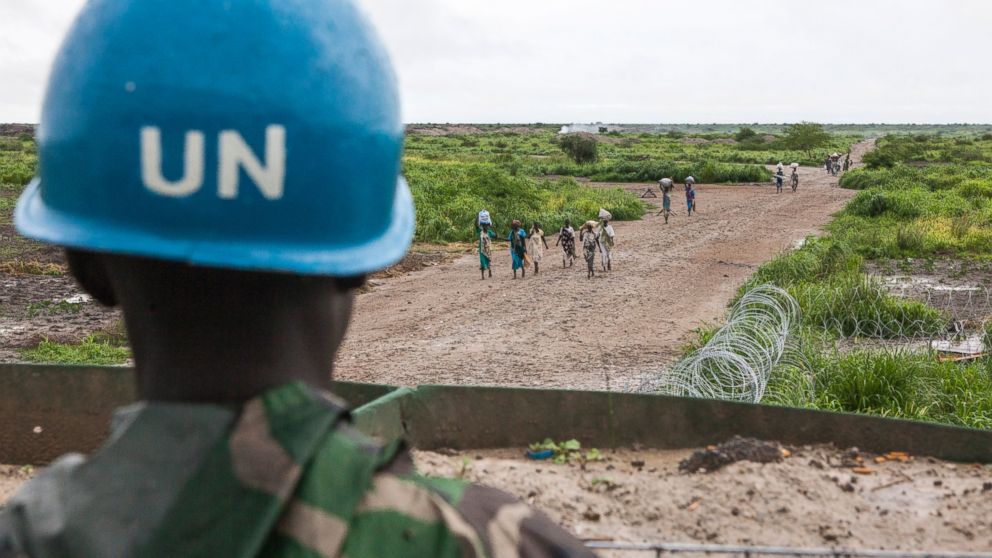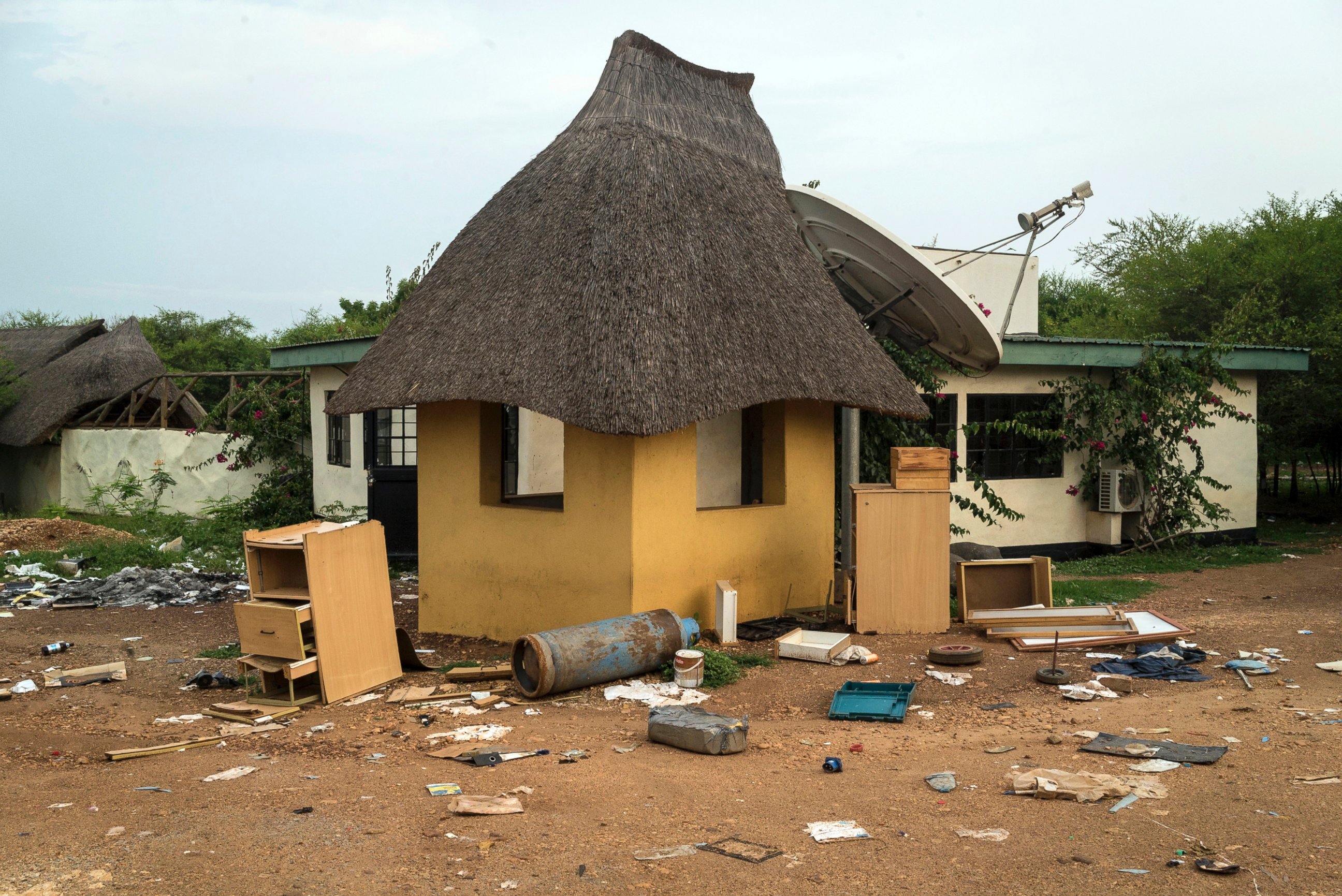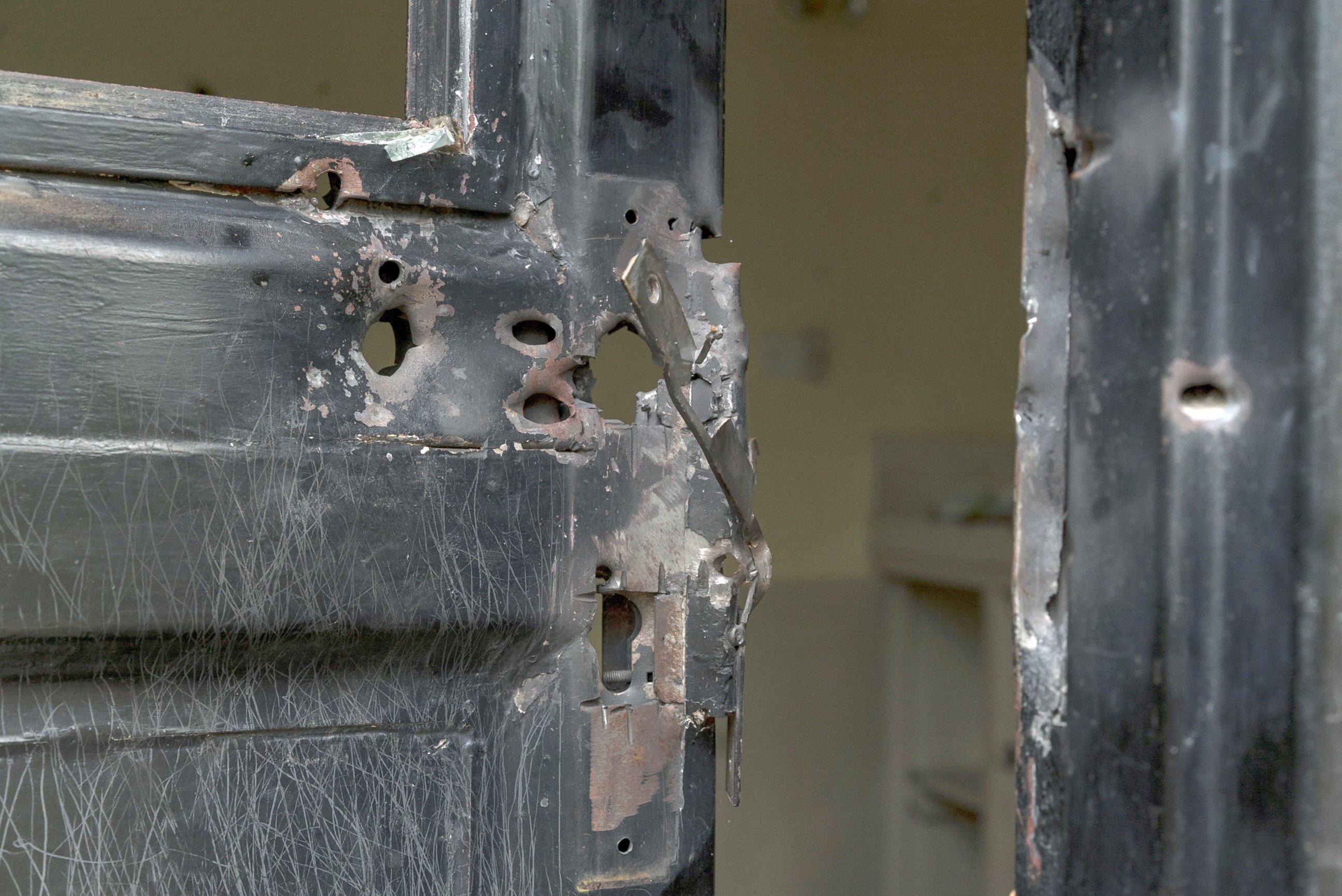UN Faults Peacekeepers in Brutal South Sudan Attack
The investigation found peacekeepers failed to recognize impending violence.

— -- United Nations peacekeepers failed to detect clear warning signs of impending violence and provided inadequate defense when government troops brutally attacked civilians at the Hotel Terrain in Juba, South Sudan, an internal investigation by the U.N. Secretary General has found.
The report says the U.N. peacekeeping force should have better prepared for known security risks when the former Vice President of Sudan returned to the capital with 1,200 armed opposition fighters who were stationed less than a mile from the U.N. House and large groups of vulnerable refugees, internally displaced by violence.
Although the opposition forces had come for peace talks, violence broke out when government forces attacked, culminating in a four-hour rampage of the Terrain Hotel, occupied by foreign aid workers, some of them Americans.
Witnesses told the Associated Press that government soldiers shot a local journalist while forcing civilians to watch, raped several women, singled out Americans, beat and robbed people, and carried out mock executions.

"During the attack, civilians were subjected to and witnessed gross human rights violations, including murder, intimidation, sexual violence and acts amounting to torture perpetrated by armed Government soldiers," the report said.
The report also found that peacekeepers simply failed to respond to the hotel attack and that multiple calls for help and request to provide a quick reaction force were turned down because peacekeeping forces were already fully committed to other areas.

"The Force did not operate under a unified command, resulting in multiple and sometimes conflicting orders to the four troop contingents from China, Ethiopia, Nepal and India, and ultimately underusing the more than 1,800 infantry troops at UN House," the report found.
Ultimately the report says that the ineffective reaction by the U.N. "resulted in a loss of trust and confidence —particularly by the local population and humanitarian agencies— in the will and skill of [the U.N. Mission's] military.
State Department spokesman John Kirby said today the U.S. is reviewing the findings, and that despite the attack, "we express our gratitude to the peacekeepers who tried to stem the violence, as well as to those who lost their lives during the violence in Juba from July 8-11."
Kirby said the South Sudanese government "bears primary responsibility for the protection of its population and other civilians from genocide, crimes against humanity, ethnic cleansing, war crimes and other physical violence" and called on it to hold all perpetrators accountable.




